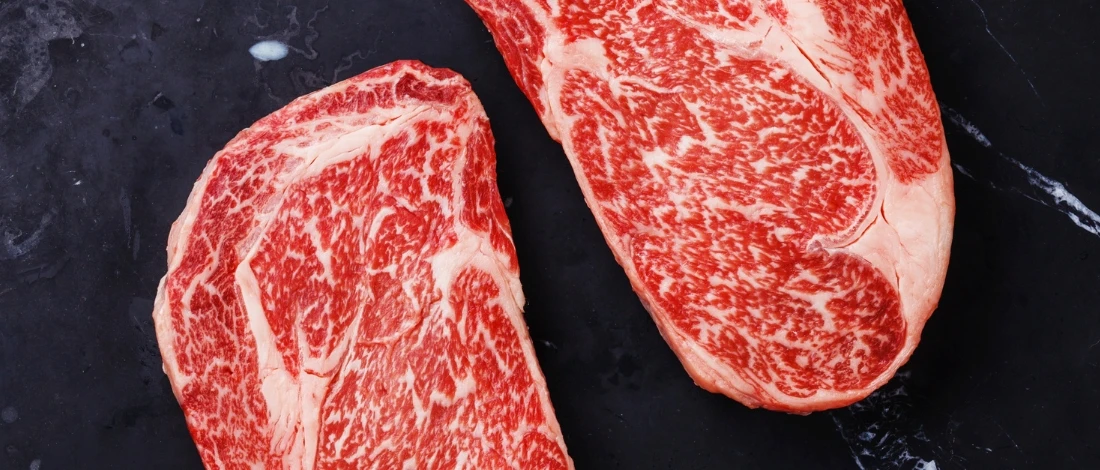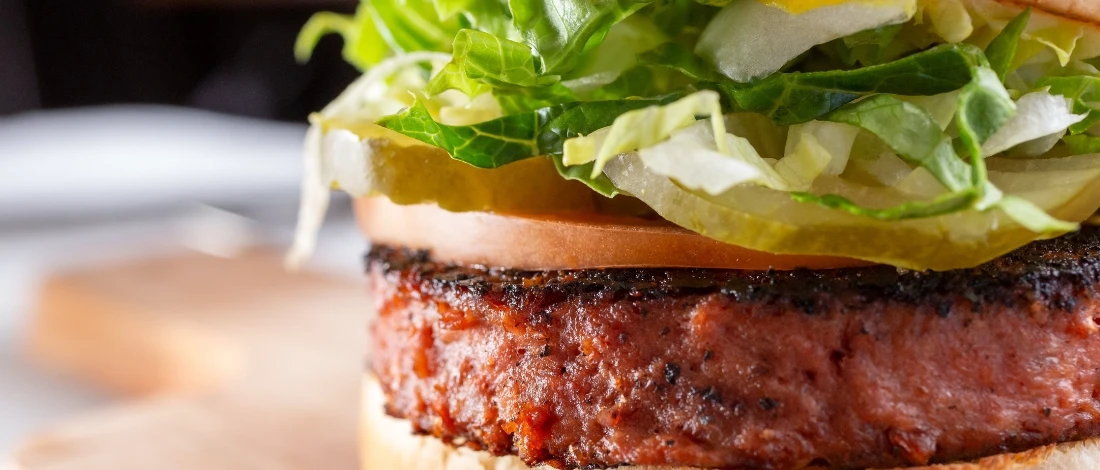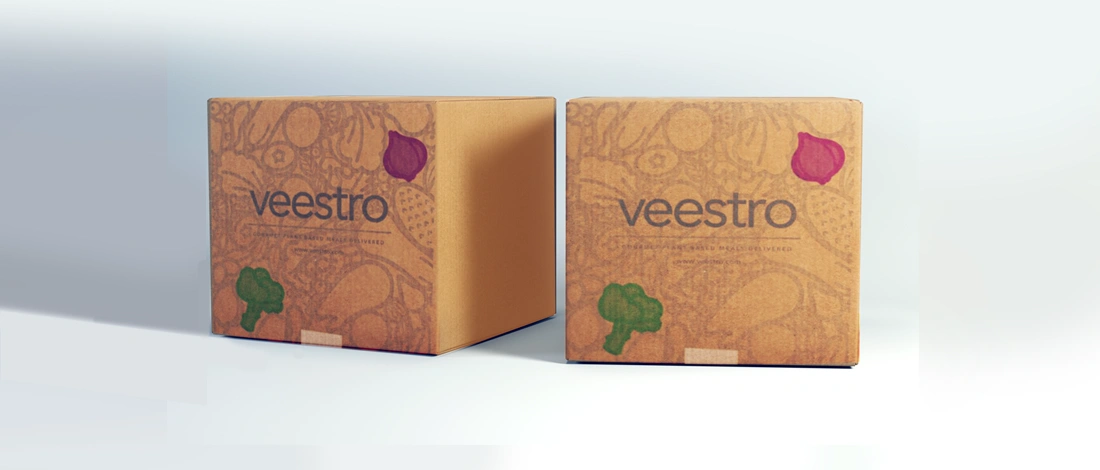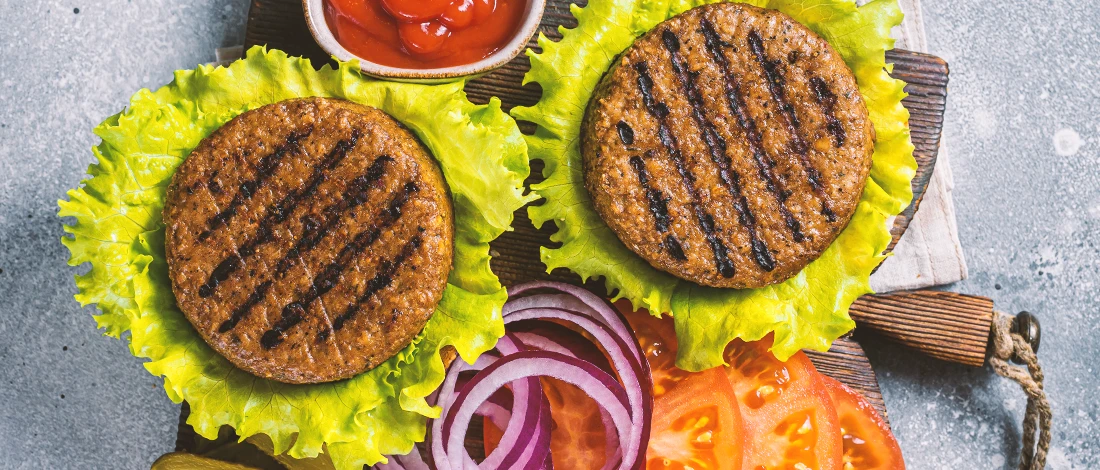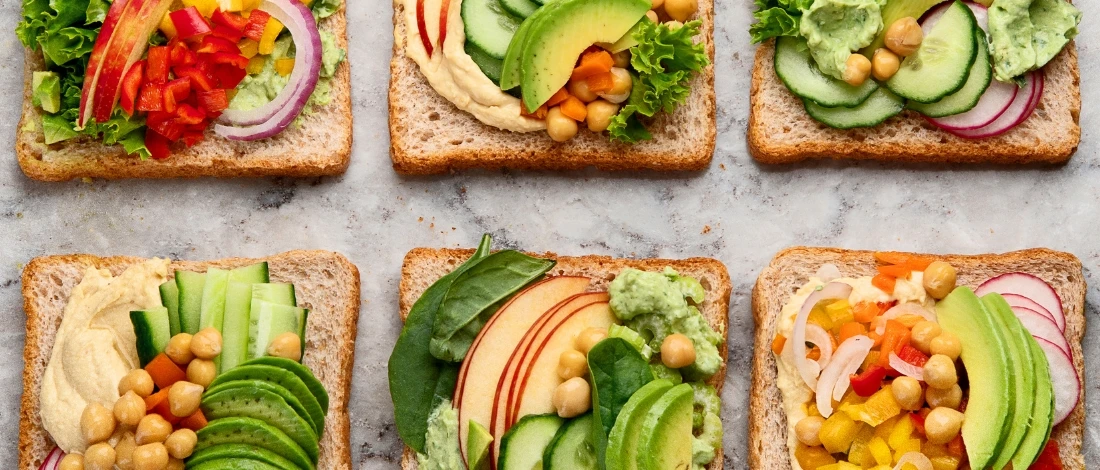AI and Engineering Propel Plant-Based Meats Toward New Horizons
Stanford engineers are tackling one of the biggest hurdles in plant-based meat production: mimicking the texture of animal meat.
By combining mechanical testing with machine learning, they’re closing the “texture gap” that often discourages meat lovers from embracing alternatives.
Their findings, published in Science of Food, reveal how advanced testing methods and artificial intelligence could revolutionize the development of plant-based meats, making them nearly indistinguishable from their animal-based counterparts.
Crunching the Numbers on Meat Texture
Led by Professor Ellen Kuhl, the team conducted mechanical tests on animal and plant-based hot dogs, sausages, and turkey, as well as firm and extra-firm tofu.
Using a machine to push, pull, and shear the samples, researchers simulated chewing motions to measure stiffness and other properties.
Surprisingly, plant-based hot dogs and sausages closely matched their animal equivalents in texture. “We were surprised to find that today’s plant-based products can reproduce the whole texture spectrum of animal meats,” said Kuhl.
However, the plant-based turkey was twice as stiff as its animal counterpart, highlighting room for improvement.
Human testers supported the machine’s findings, rating the texture of plant-based products similarly to mechanical tests. “The ranking of the people was almost identical to the ranking of the machine,” Kuhl added, underscoring the reliability of this approach.
AI-Driven Recipes and Open Data
The Stanford team envisions using generative AI to develop new recipes with precise textures, eliminating the guesswork of trial-and-error methods. This data-driven approach could accelerate innovation and improve the quality of plant-based products.
Recognizing the importance of collaboration, the researchers have made their data publicly available. “Historically, some researchers, and especially companies, don’t share their data,” noted Skyler St. Pierre, the study’s lead author.
“Without sharing information and working together, how are we going to come up with a steak mimic together?”
A Sustainable Future for Meat Alternatives
By addressing texture concerns, the team hopes to win over reluctant consumers and reduce the environmental burden of industrial animal agriculture.
As Kuhl put it, “If anybody has a plant-based meat they want to test, we’re so happy to see how it stacks up.”
This groundbreaking research signals a promising step forward in creating plant-based meats that satisfy even the most devoted carnivores.
Discover how advanced engineering is making plant-based meats more realistic. Visit our homepage for updates and insights.

